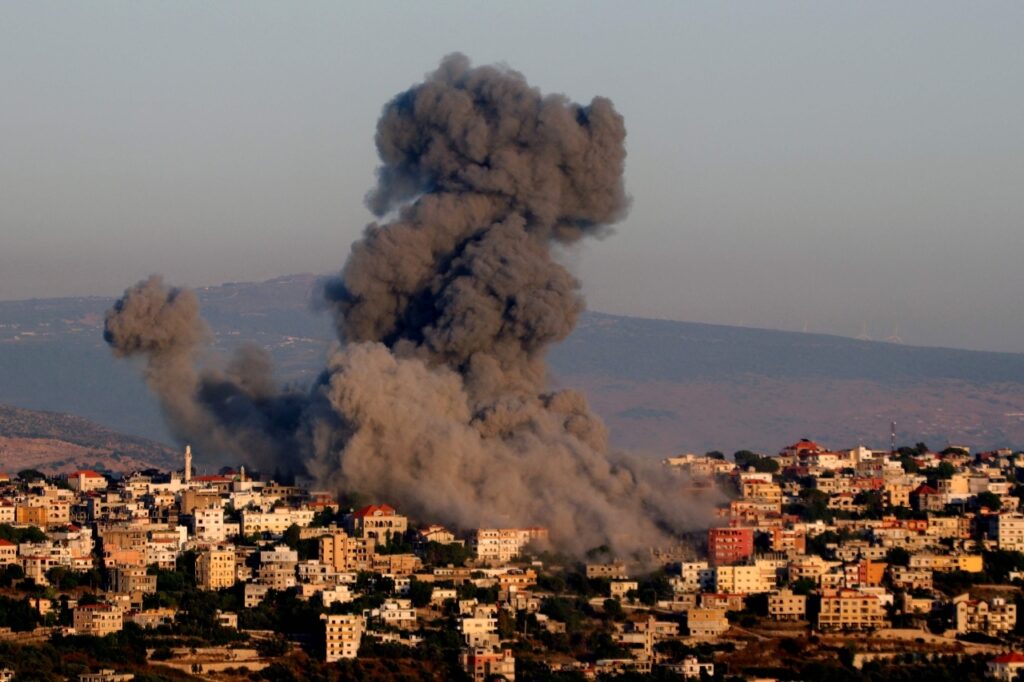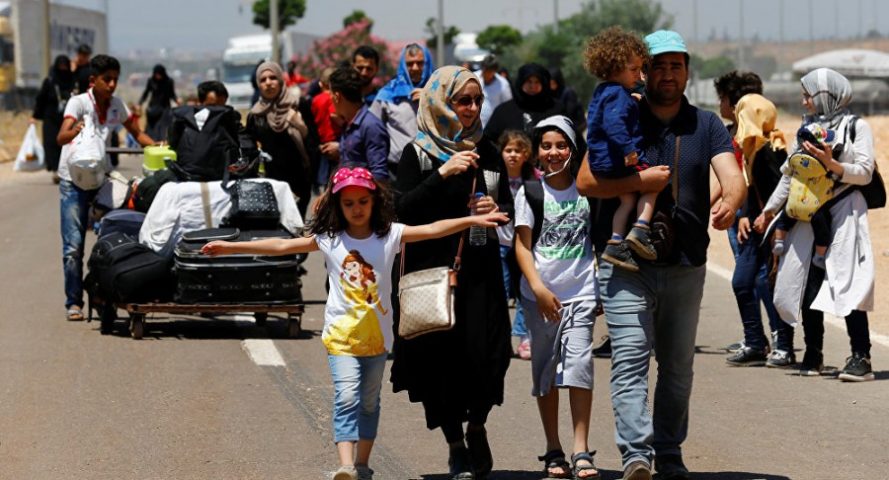
Lebanon is in the grip of an unprecedented crisis, with a series of shocks changing its national health system. Years of addressing vulnerable populations’ health needs have resulted in an extreme crisis, exacerbated by a displacement crisis, an economic downturn, epidemics, and the horrific Beirut port explosions. The spillover of the Gaza war into Lebanon exacerbates the situation, and the imminent threat of a full-scale war adds another degree of complexity to the already depleted health-care infrastructure.
Compounded crises have collectively debilitated the Lebanese health system, severely hampering its ability to meet the escalating needs of a growing vulnerable population.
According to a Reuters article from September 18, hand-held radios detonated on Wednesday in Lebanon’s south, the country’s deadliest day since cross-border war erupted between Lebanon and Israel over a year ago, escalating tensions following similar pager explosions the day before. According to Lebanon’s health ministry, 20 people were killed and more than 450
injured on Wednesday in Beirut’s suburbs and the Bekaa Valley, while the dead toll from Tuesday’s blasts increased to 17, including two children, with almost 3,000 injured.
However, conditions changed radically around daybreak on Monday, September 23, 2024, when jets launched a series of violent strikes that covered wide sections of southern Lebanon and reached into the Bekaa. According to the most recent figures from the Ministry of Public Health, this military operation, which is still ongoing, has resulted in over 500 martyrs and 1645 wounded, as well as a large wave of displacement from the targeted areas, particularly from southern Lebanon and the southern suburb, where most of them have fled to the Mount Lebanon area.

The large number of wounded and injured arriving at hospitals has put a strain on these facilities and depleted the medicines and medical supplies required for treatment, prompting the Ministry of Health’s Emergency Centre to issue an appeal to all humanitarian workers to help fill this gap.
Emergency needs:
1: Medicines and medical supplies for medical centers in displacement areas.
2. Providing medical consultations and medicines to patients in shelter centers through the mobile clinic.
Ghawth for Relief and Emergency.
Beirut September24,2024

